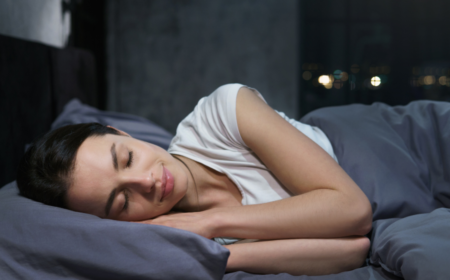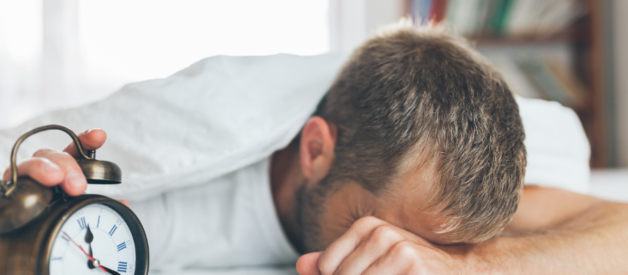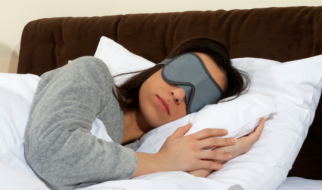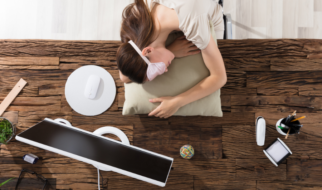Sleep apnea is a growing problem in America and around the globe. This can cause serious medical problems like stroke, heart attack and cardiac arrest as well as memory loss.
Obstructive sleep apnea (also known as sleep apnea) is a disorder of the sleeping process in which breathing stops and then resumes. There are many causes. Many people believe that excessive alcohol intake is the cause, but research shows that most cases are due to something else.
Your body will stop breathing for a brief period of time. This will make your brain think you aren’t breathing. It will also produce small signals that your body will send to your brain that will cause your neck bones to relax. This allows for more air to enter your lungs. People with sleep apnea often wake up feeling tired and unable get to sleep again.
A person can have a stroke or heart attack if their breathing isn’t normal for a short time. Sleep disorders such as sleep apnea may cause damage to the heart’s inner workings, which can eventually lead to its death. You may experience difficulty sleeping at night if you have been diagnosed as having sleep apnea. This can also make it more difficult to be productive while awake.
Your doctor will be able to test you for several types of sleeping apnea. Obstructive sleep disorder is one type. Obstructive sleep apnea is characterized by a partial closing of the airway during sleep, which can cause the person to not be able to properly breathe. This condition can be diagnosed if you experience shortness of breath, snoring, and/or choking at night.
Another type is chronic obstructive insomnia. This type of sleep disorder causes your airway closure to occur during the night. This will cause you to snore and choke for hours. It can also cause you to wake up frequently and wake others.
As you age, you may have difficulty falling asleep or staying asleep. This is because your body produces fewer of the necessary chemicals to help you fall asleep. You will feel tired and groggy throughout the day, but sleepy at night.
Both types of obstructive sleeping apnea can be treated with a variety of methods. You will be advised by your doctor on the best treatment for you. The most common options include a device you wear on the forehead, a chin strap or an inhaler.
These devices have some drawbacks but they can help keep your airways open while sleeping. These devices are not recommended for everyone. The most common oral appliance is an OSA (opportunistic sleeper).
There are many conditions that can cause sleep apnea. You can also have it caused by aging. A person’s nose passage becomes smaller with age.
Home treatment of sleep disorder can be achieved. A nasal spray can be purchased that can help with your sleep disorder. Sometimes, your doctor may prescribe medication, but there are rarely side effects and the problem will usually resolve on its own.





